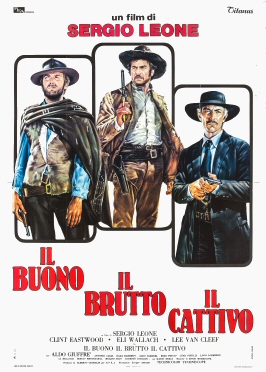Born and brought up in Belfast, Best began his club career in England with Manchester United, with the scout who had spotted his talent at the age of 15 sending a telegram to manager Matt Busby which read: "I think I've found you a genius."[3] After making his debut for United aged 17, he scored 179 goals from 470 appearances over 11 years, and was the club's top goalscorer in the league for five consecutive seasons.[4]
One of the greatest dribblers of all time, his playing style combined pace, skill, balance, feints, two-footedness, goalscoring and the ability to beat defenders.[5][6][7] Best unexpectedly quit United in 1974 at age 27, but returned to football for a number of clubs around the world in short spells, until retiring in 1984, age 37. In international football, he was capped 37 times and scored nine goals between 1964 and 1977, although a combination of the team's performance and his lack of fitness in 1982 meant that he never played in the finals of a European Championship or World Cup.
Best was one of the first celebrity footballers, earning the nickname "El Beatle" in 1966,[8] but his subsequent extravagant lifestyle led to various problems, most notably alcoholism, which he suffered from for the rest of his life. These issues affected him on and off the field, at times causing controversy.[9] He said of his career: "I spent a lot of money on booze, birds [women] and fast cars – the rest I just squandered".[10] After football, he spent some time as a football analyst, but his financial and health problems continued into his retirement.[9] He died in 2005, age 59, due to complications from the immunosuppressive drugs he needed to take after a liver transplant in 2002.[11] Best was married twice, to two former models, Angie Best and then Alex Best. His son Calum Best was born in 1981 from his first marriage.
Before he died, Best was voted 8th in the World Soccer 100 greatest football players of the 20th century election in 1999 and was voted 16th in the IFFHS World Player of the Century election in 1999. He was on the six man short list for the BBC's Sports Personality of the Century in 1999. Best was one of the inaugural 22 inductees into the English Football Hall of Fame in 2002. In 2004, he was voted 19th in the public UEFA Golden Jubilee Poll and was named in the FIFA 100 list of the world's greatest living players. Former Brazilian footballer Pelé stated, “George Best was the greatest player in the world". Best was once quoted as saying, “Pelé called me the greatest footballer in the world. That is the ultimate salute to my life.”[12] On what would have been his 60th birthday, Belfast City Airport was renamed the George Best Belfast City Airport. According to the BBC, Best was remembered by mourners at his public funeral held in Belfast as "the beautiful boy" [with a] "beautiful game".[13]
Mark Garnett and Richard Weight have explored the enduring appeal of George Best.
- The British like their heroes to be tragic ones: possessed of enough glamour and talent for stardom to be lived vicariously through them; yet flawed and vulnerable enough for the public not to be threatened by their success.[14]


















